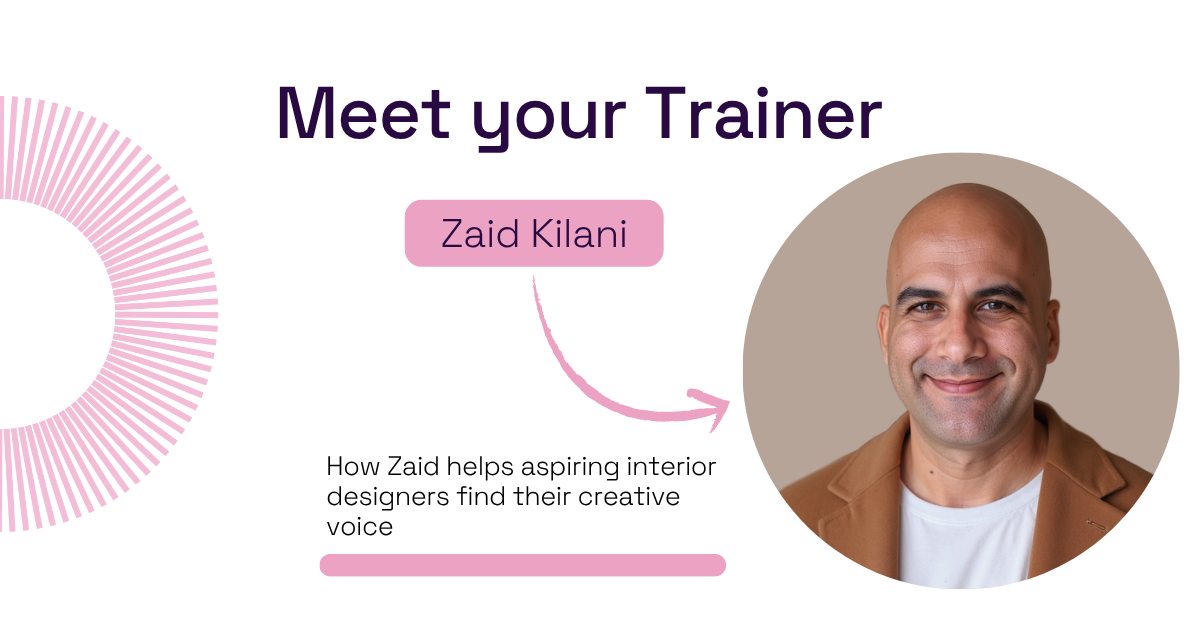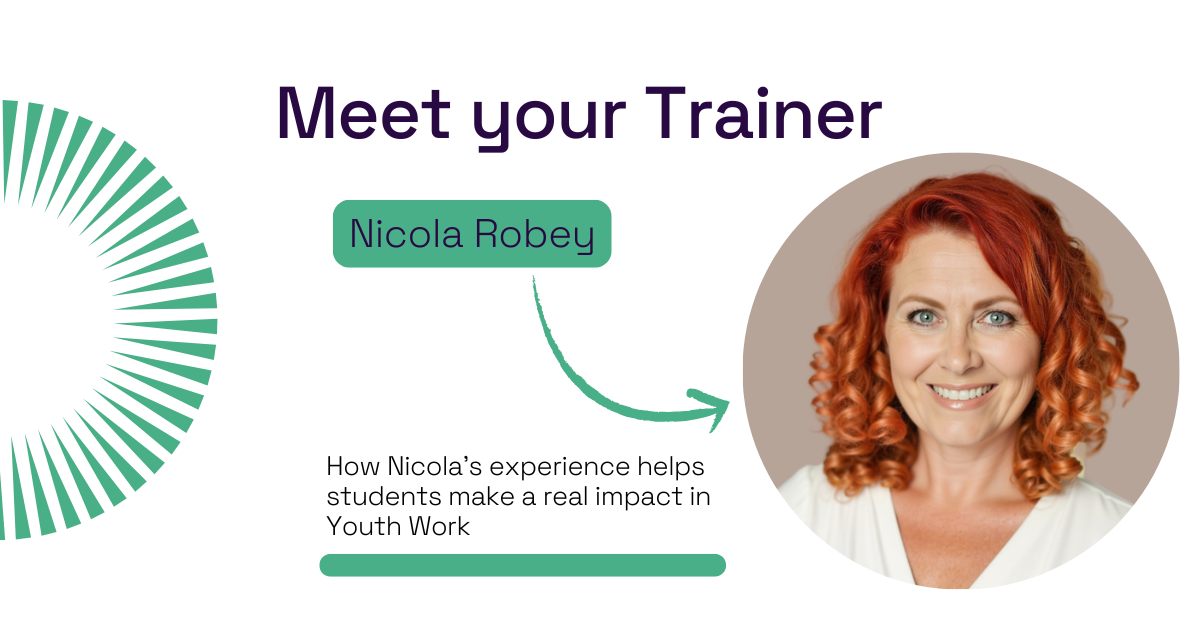Explore our collection of informative and educational blog posts to stay updated on the latest industry trends and expert advice.
What is person centred care and why is it important?

Person centred care allows the patient to be included in all decision making, healthcare planning and goal setting. It supports the patient by allowing them to be at the center of everything, letting them tailor the service to suit their individual wants and needs. Research has found that person centred care can have a big impact on the quality of care a patient receives. This is why health and social care sectors are increasingly adopting a more person centred care approach. It allows patients to have a voice by making them equal partners in their recovery plan or development course from beginning to end. The patient is treated as a person first and foremost, and the focus is shifted from their condition or disability to fulfilling a patient’s individual needs.
So, why is the patient centred approach so important?
Keep reading to find out.
Sharing power and responsibility leads to better care quality
Due to the ever-increasing demand on the healthcare system, patients can often feel as though they’re treated more like numbers. The introduction of person centred care has helped health care professionals refocus on what’s most important: the human being receiving care. This shift in thinking has been beneficial not only to patients, but to health care professionals, too.
Research has shown that offering care in a more person-centred way, can have a positive impact on overall care quality. It encourages patients to be involved in decisions about their care, which helps them feel more satisfied and understood. This can result in other positive outcomes, such as, a reduction in the patient’s blood pressure. Research also suggests that it may encourage the patient to lead a healthier lifestyle. And the benefits don’t stop there. Person centred care can also be beneficial to health care professionals in how confident and satisfied they feel about the care they’re providing.
Treat the patient with the respect they deserve
Another benefit to patient centred care is that it’s respectful to the individual values of the patient. It allows them to be actively involved in making decisions about their life, and is considerate of the person’s life experience, culture, age, heritage, language, and beliefs. Therefore, allowing the patient to keep control over their preferences and identity.
Patient centred care is all about respecting that the patient has their own values and priorities. It gives the person the respect they deserve, establishing mutual trust between both the patient and professional health care provider.
Gives the patient confidence and helps them feel emotionally supported
We all want to feel like our opinions matter, especially when it comes to our bodies and how they’re treated. When a patient has a say in their own treatment and feels as though their opinion is valued, it can make them feel more comfortable and confident with the care they’re receiving. It can also help promote respect and trust toward the health care providers, leading to a more satisfying experience for all involved.
It can also be positive for the patient’s family and friends. In some cases, the family members may even be called upon to provide their own input regarding their loved one’s treatment and care. This helps to foster positive relations between the family and the care provider, leading to less stressful environments for all concerned. Plus, there’s nothing more important than knowing that a loved one is in good hands and their needs are being met. It helps to increase confidence and trust in health care providers.

Encourages feelings of dignity and independence
A core concept behind the patient centred approach is the need to treat people with dignity in care settings. No matter what health issues you’re facing, everyone deserves to be treated with compassion and dignity. Quite often, a patient can lose their sense of independence, particularly when dealing with long term health issues. It can be damaging to their self-esteem and emotional well-being, and it’s also mentally taxing for a patient’s loved ones. This is where person centred care can really help.
Focusing on the person, rather than their limitations, is the first step towards reclaiming a patient’s identity and dignity. Actively involving the patient in their own treatment, helps them feel like their opinion and feedback matters, and gives the patient back some of the independence that may have been lost along the way. It also helps them develop their own capabilities. The more confident a patient feels, the more they can begin to see what they can do, rather than what they can’t.
If you’re interested in helping people lead their best lives, feel free to check out our CHC33015 Certificate III in Individual Support (Home and Community Care)








